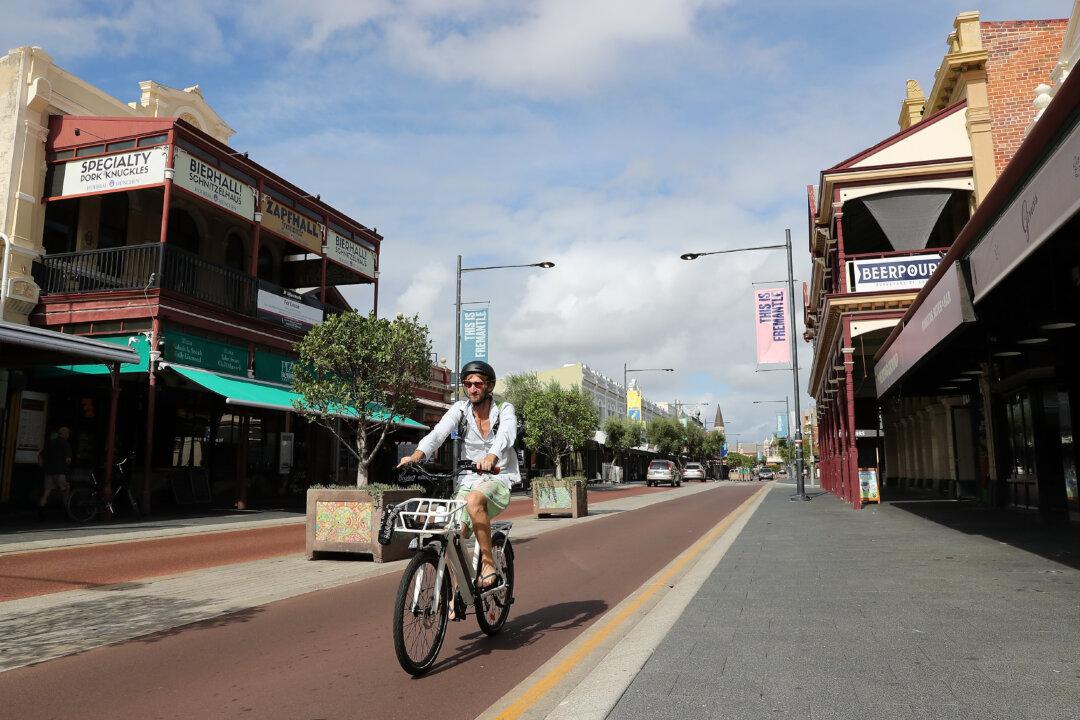Australia’s housing crisis has deepened as rents and housing prices in regional areas reached record highs in the past quarter.
According to real estate data firm CoreLogic, home values across regional Australia climbed 2.1 percent in the three months to April 2024, the highest quarterly increase in nearly two years.





